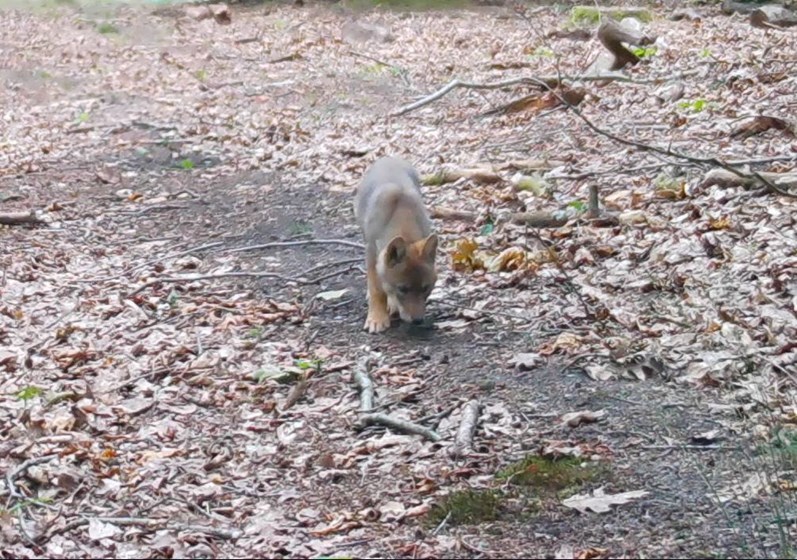The wolves of Belgium were involved in 46 attacks on livestock in 2020, exactly twice as many as in 2019, according to the Flemish Agency for Nature and Woodland.
Overall attacks on livestock – a total of 66 including attacks by dogs and foxes – resulted in 140 dead animals, 15 injured and 14 missing without trace. Of the total, wolves were responsible for 108 deaths, 87 of them sheep, as well as seven injuries and eight disappearances.
In 2019, wolves were responsible for 23 attacks and 51 deaths. The figures were revealed in a written answer by nature minister Zuhal Demir (N-VA) to a parliamentary question by Mieke Schauvliege (Groen) and Lode Ceyssens (CD&V).
The return of wolves to Flanders, principally in Limburg province, has been the subject of controversy, leading the government to declare a safe zone for the animals and an outright ban on hunting them.
One of the major factor in the increase in attacks has been the birth in early 2020 of four wolf cubs. According to the Institute for Nature and Woodland Research, based on 105 samples of wolf droppings, “Between April and July, the wolves fed almost exclusively on game, especially deer and wild boar, but from September the share of livestock in the diet increased sharply.”
The timing would broadly match the increased demand for easily-available food from the pups after weaning.
But the change has an effect on local livestock farmers. Fewer than 10% of farmers of ruminants in the wolf zone are equipped with anti-wolf fencing, despite the government offering a subsidy. And only 119 of the total of 1,455 have even applied for the subsidy, leaving their animals at the mercy of the apex carnivore.
Another 18 applications are in the pipeline. “There is still a long way to go,” said Demir.
Wolf Takeaway from INBO on Vimeo.
In an effort to convince farmers, the government is changing its strategy from mass information to targeted visits by the Wolf Fencing Team.
“There will be no more information evenings in large halls,” she said.
“In collaboration with municipalities, mayors, agricultural organisations and the Wolf Fencing Team, we want to work in a more tailor-made way.”
The installation of a fence is subsidised to the tune of 80%, and beside that carrot is also a stick.
“In two years' time, damage to livestock by a wolf will only be compensated if the farmer actually installed a wolf fence,” Demir said.
“If they don't do that, they don't get anything. So installing such a fence is really worthwhile.”
Alan Hope
The Brussels Times

